Will Great Stories Last Forever—Not Just Tolkien Novels But Also Games and Movies?
Over at Lorehaven’s Fantastical Truth podcast, Zack Russell and I have wrapped our three-part Epic Resurrection series.
We’ve explored the resurrection of the body in part 1. We also explored the renewal of “the creation itself” (Romans 8), which follows us in Jesus’s promise to “make all things new” (Revelation 22).
In part 3, releasing later today, we take this same biblical logic—of continuity and renewal—and apply this to human culture and storytelling.
Podcast: Play in new window | Download (Duration: 1:07:44 — 63.3MB) | Embed
Epic Resurrection series
We explore these seven questions:
- Why did God give us the gift of making culture (including stories and art)?
- After humans turned evil, why did they still go on making things?
- When Jesus redeems us, how does this change the stuff we make?
- What about stories made by nonbelievers?
- Will God let us go on enjoying culture forever in the new creation?
- Does this mean great human works will last forever in some way?
- Finally, what about Christian-made stories made for God’s glory?
For this series, we drew on biblical texts and the biblical teaching of several solid, conservative Christian pastors and teachers.
You can get the complete show notes here.
Below, however, I’m copying several resources, including a few we didn’t directly quote in the episode.
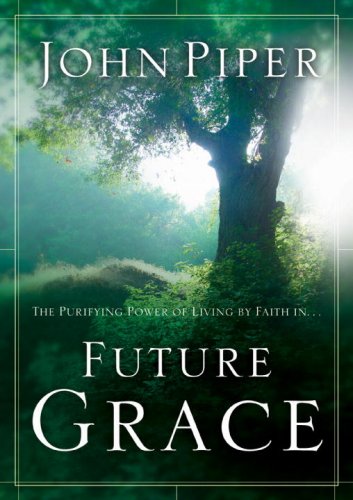 From this sermon by John Piper (later edited for his book Future Grace):
From this sermon by John Piper (later edited for his book Future Grace):
… When Revelation 21:1 and 2 Peter 3:10 say that the present earth and heavens will “pass away,” it does not have to mean that they go out of existence, but may mean that there will be such a change in them that their present condition passes away. We might say, “The caterpillar will pass away and the butterfly emerges.” There is a real passing away and there is a real continuity, a real connection. Or we might say, “The tadpole passes away and the frog appears.”
And when 2 Peter 3 says that this heaven and earth will be “destroyed,” it does not have to mean entirely “put out of existence.” We might say, “The flood destroyed many farms.” But we don’t mean that they vanished out of existence. We might say that the immediate surroundings of Mt. St. Helens were destroyed. But anyone who goes there now and sees the new growth would know that “destroy” did not mean put out of existence.
And so what Peter may well mean is that at the end of this age there will be cataclysmic events that bring this age and this world to an end as we know it — not putting it out of existence, but wiping out all that is evil and cleansing it, as it were, by fire and fitting it for an age of glory and righteousness and peace that will never end.
Well, it may mean that. But does it really mean that?
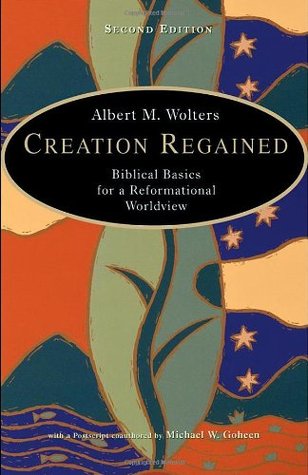 From Creation Regained by Albert M. Wolters
From Creation Regained by Albert M. Wolters
There is no reason to believe that the cultural dimension of earthly reality (except insofar as they are involved in sin) will be absent from the new, glorified earth that is promised. In fact, the biblical indications point in the opposite direction. Describing the new earth and the new Jerusalem, John writes that “the kings of the earth will bring their splendor into it. . . . The glory and the honor of the nations will be brought into it” (Rev. 21:24, 26). This very likely refers to the cultural treasures of mankind will be purified [sic] by passing through the fires of judgment, like gold in a crucible.
… In light of what we have been saying about the earthly creation and man’s task of subduing and developing it, those purified works on the earth must surely include the products of human culture. There is no reason to doubt that they will be transfigured and transformed by their liberation from the curse, but they will be in essential continuity with our experience now—just as our resurrected bodies, though glorified, will still be bodies.
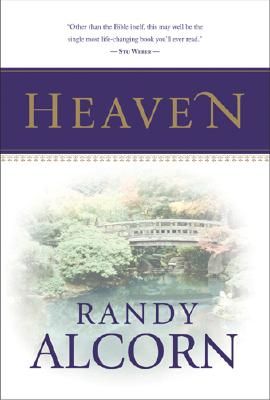 From Heaven by Randy Alcorn (partly quoted at this blog)
From Heaven by Randy Alcorn (partly quoted at this blog)
Scripture says that the fire of God’s judgment will destroy “wood, hay or straw,” yet it will purify “gold, silver, [and] costly stones,” which will all survive the fire and be carried over into the new universe (1 Corinthians 3:12-15). Similarly, the apostle John notes that when believers die, what they have done on Earth to Christ’s glory “will follow them” into Heaven (Revelation 14:13). These are earthly things that will outlast the present Earth. . . .
As we have seen in a number of passages that use words such as renewal and regeneration, the same Earth destined for destruction is also destined for restoration. Many have grasped the first teaching but not the second. Therefore, they misinterpret words such as destroy to mean absolute or final destruction, rather than what Scripture actually teaches: a temporary destruction that is reversed through resurrection and restoration. . . .
Books are part of culture. I expect many new books, great books, will be written on the New Earth. But I also believe that some books will endure from the old Earth. Any book that contains falsehood and dishonors God will have no place in Heaven. But what about great books, nonfiction and fiction? Will we find A. W. Tozer’s The Knowledge of the Holy, J. I. Packer’s Knowing God, John Piper’s Desiring God, John Bunyan’s Pilgrim’s Progress, and Charles Sheldon’s In His Steps on the New Earth? I’ll be amazed if we don’t find them there, just as I’ll be amazed if no one sings John Newton’s “Amazing Grace” in Heaven.
Perhaps those of us who are writers will go back to some of our published works and rewrite them in light of the perspective we’ll gain. Maybe we’ll look at our other books and realize they’re no longer important—and some of them never were. The New Earth, I think, will confirm many things I’ve written in this book. It will completely dismantle others. “What was I thinking?” I’ll ask myself. (If I knew which parts those were right now, I’d cut them out!) And I’ll marvel at how much better the New Earth is than I ever imagined.
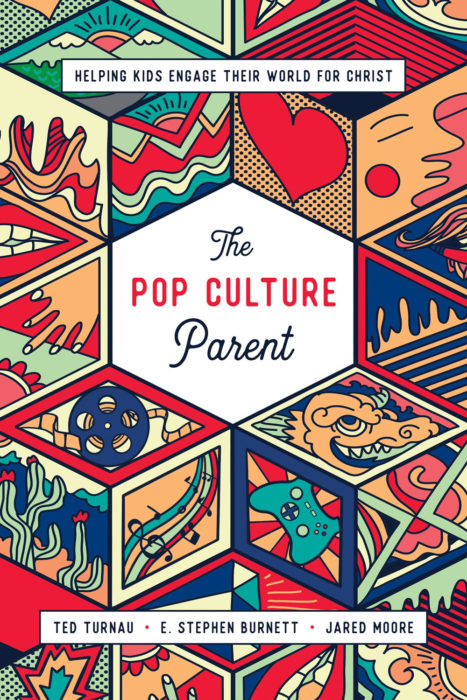 From The Pop Culture Parent (releasing Sept. 7, 2020, co-authored by Stephen)
From The Pop Culture Parent (releasing Sept. 7, 2020, co-authored by Stephen)
Scripture never indicates human progress will be lost or “reset” after King Jesus renews all creation. Wheels will still be wheels, and we needn’t reinvent them. Music scales and mathematics are part of this universe’s unchanging laws. The “hero’s journey” will still be a basis of many stories. Thus, if we have no reason to suspect our genres and styles will be reset, we also have no reason to suspect we would disregard specific and good creative works that glorify God. Sure, J. R. R. Tolkien may create even better Middle-earth tales. But surely we will always remember his first stories of Beleriand, the Elves, and the hobbits. . . .
Lest this seem crazy, remember that even the most flawed human still dimly reflects God’s image. Similarly, a flawed story, song, or game reflects the glory of God, albeit with a faded and distorted image. How much more clearly will our glorified eyes see this reflected glory shining in manmade things! After all, if we see a reminder of sin today, this doesn’t make us sin today. We only fall into sin when our own idolatry latches on to these depictions. But in eternity’s tomorrow, those idols and twisted desires will be no more. We will be literally incorruptible.
Finally, a fictional reminder from C. S. Lewis:
[Lucy] looked harder and saw that it was not a cloud at all but a real land. And when she had fixed her eyes on one particular spot of it, she at once cried out, “Peter! Edmund! Come and look! Come quickly.” And they came and looked, for their eyes had also become like hers.
“Why!” exclaimed Peter. “It’s England. And that’s the house itself—Professor Kirk’s old home in the country where all our adventures began.”
“I thought that house had been destroyed,” said Edmund.
“So it was,” said the Faun. “But you are now looking at the England within England, the real England just as this is the real Narnia. And in that inner England no good thing is destroyed.”
—C. S. Lewis, The Last Battle, page 208
Even so, come quickly, Lord Jesus!
Stephen


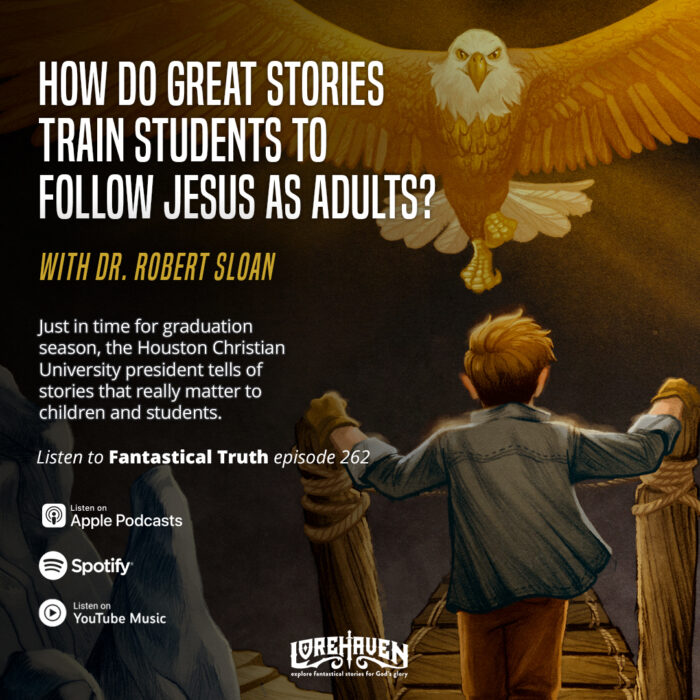

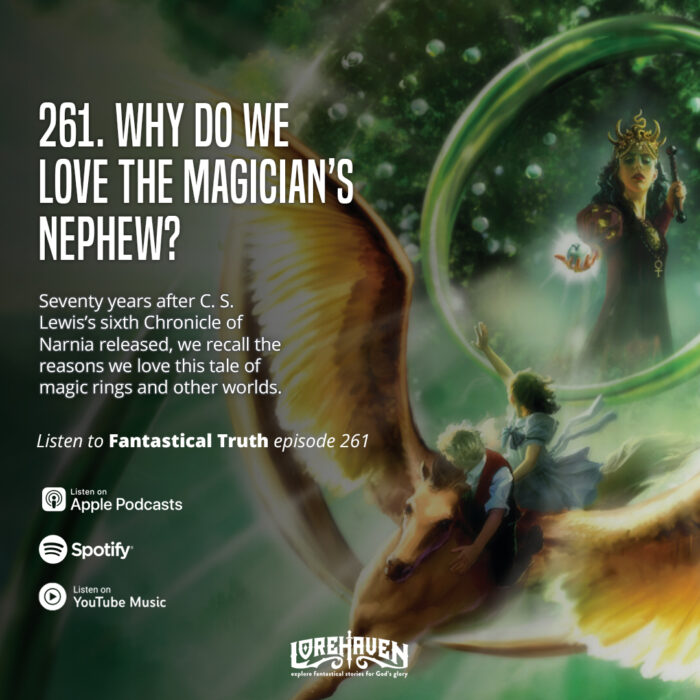

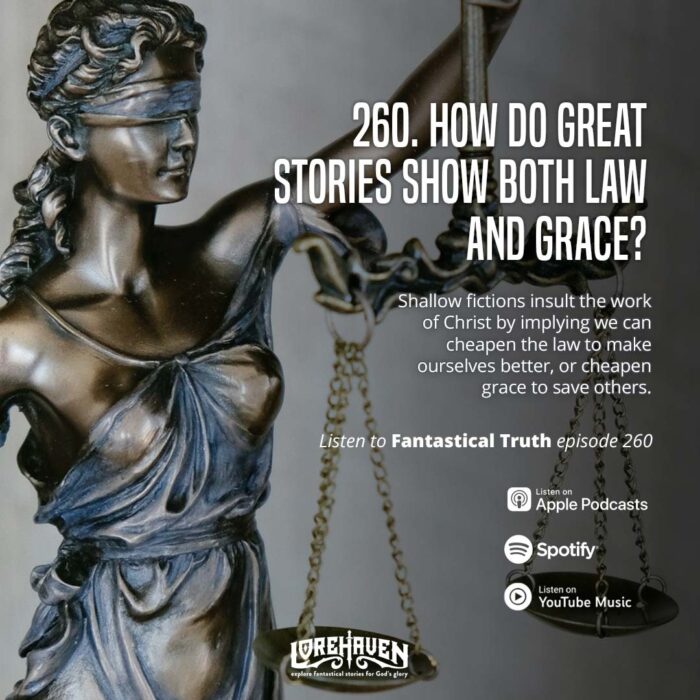








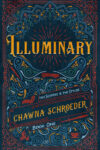

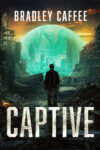


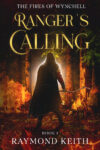
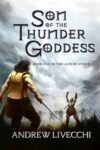

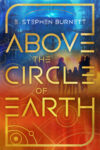


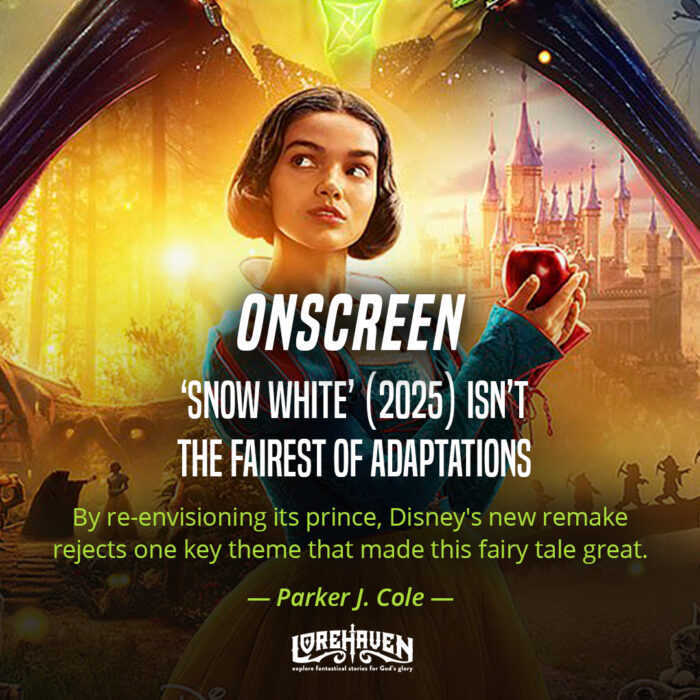
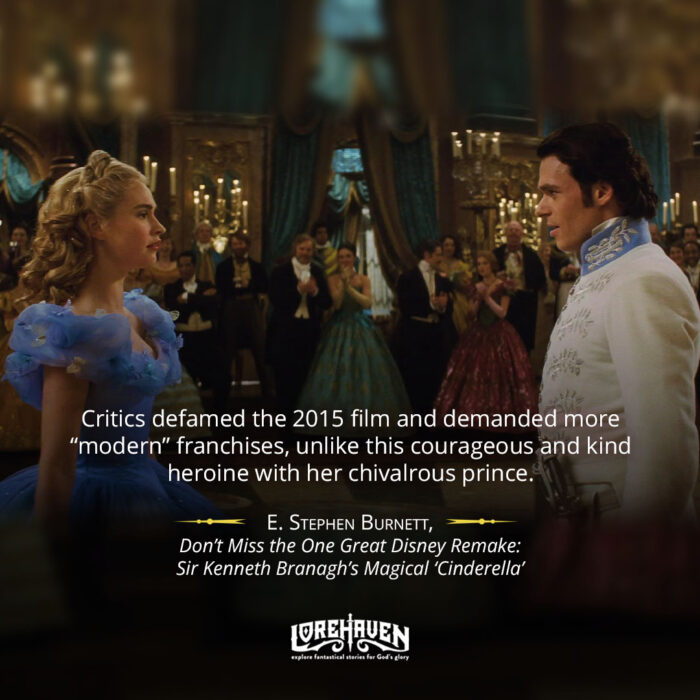
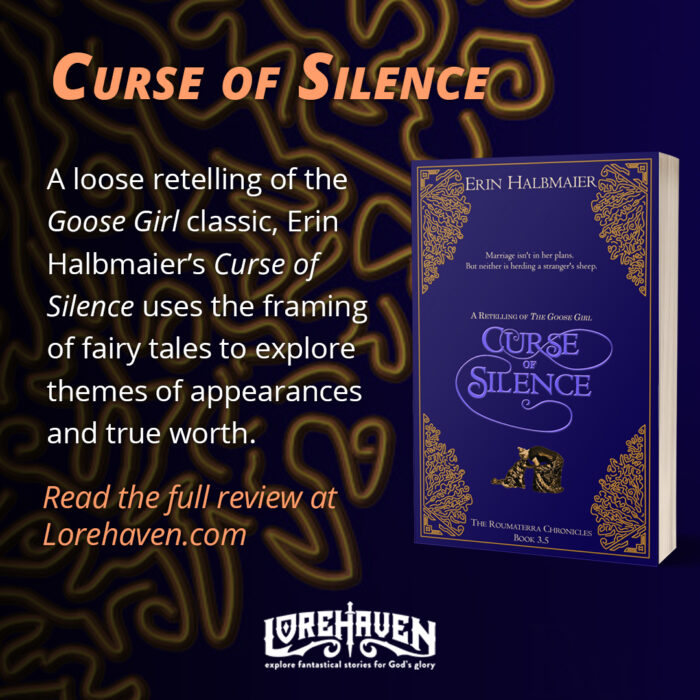
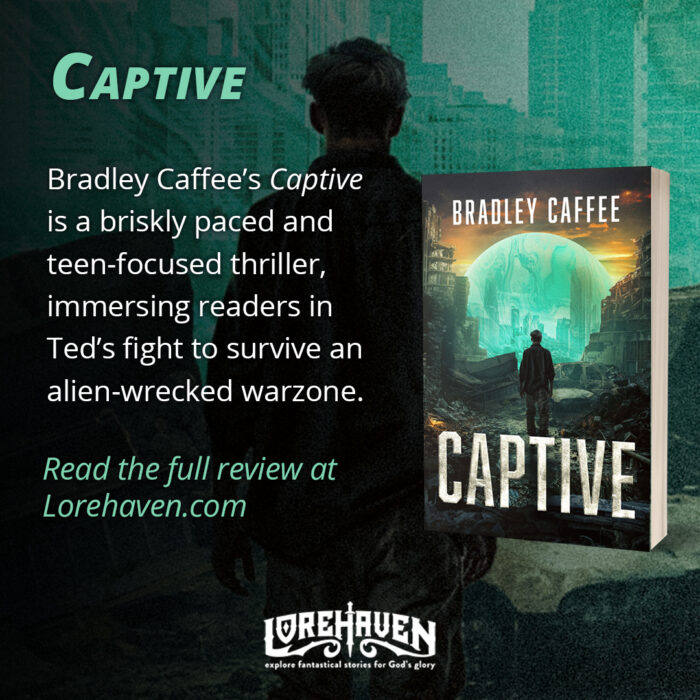

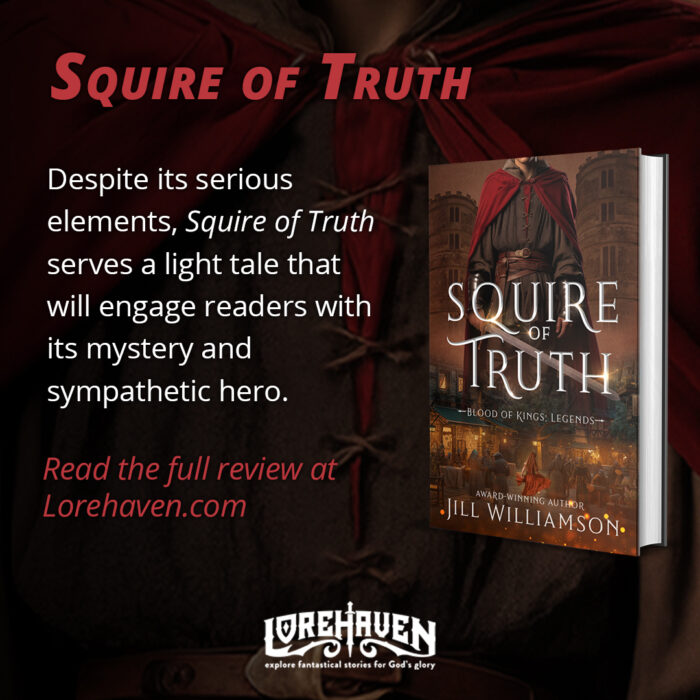


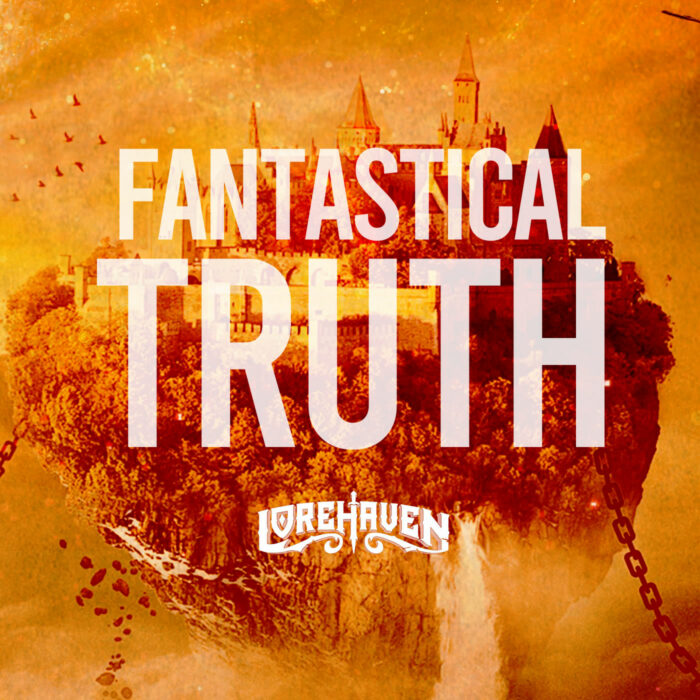




In C.S. Lewis’s “The Great Divorce” he talks about still having artists and storytellers and the like in Heaven. They will be able to “see” “things better, or more clearly, and show them to the rest of us. Anything that passes through the fire will remain. Books? Not so much. But the stories within, the thoughts and ideas, those will remain. Or so I believe, and so I believe that Scripture teaches.
Why not physical books, though?
Even in Lewis’s admittedly imaginary After-world, he portrays people becoming more solid and more human, not less. It is the unsaved who behave inhumanly and who appear as inhuman ghosts.
Scripture makes references to “books” of a sort even in Heaven today.
Most interestingly of all, the Bible itself is a book and human writing has been around even longer than this particular media.
God likes books. Even physical copies.
Surely if there is any human cultural form most likely to survive directly into the new heavens and new earth, it is books.
Um, let’s try to simplify this issue. I would say doctrines are drawn from clear, unambiguous statements of Scripture first. Then ambiguous statements are read in light of the clearer ones. Clear or ambiguous being set by the original language of Bible passages–because some language comes down clearer than others.
Another important principle in interpretation of the Bible is repetition of an idea. Especially in clear terms. So if the Bible says something clearly more than once, we better pay attention.
So the gold standard by which we would know that creative works of art made in our time on Earth will be brought into heaven would come from Scripture saying so. Let me give a hypothetical verse–imagine somewhere in Revelation 21 a verse said: “And the great works of art made in the world, such as those that do not blaspheme the Lamb or the city of his glory written in the book of this prophecy, will be found in that place, in houses that shine like sapphires alongside the groves of the tree of life.” (I hope you like my creative invention of a verse here and full disclaimer–NOT INTENDED TO ADD TO THE PROPHECY, God. Just sayin’)
But of course Revelation breathes not one word about art (in general terms) surviving. Not one.
And even if it did say this once, it would be better to have other passages confirm it. Three clear statements about art from now in eternity and all I would have commented here is, “agreed.”
So does any other passage of Scripture say something like this, that the creative works of man will survive the ages? Er, no. Not once. (Please correct me if you have a proof text.)
Now, you can attempt to say I Corinthians 3:12-15 is about creative work, but the burning by fire thing there is clearly a reference to how useless things burn and precious things do not burn in fire–the reference is to God examining the “works” of Christians as in the good or evil we do, and giving a reward for things that survive the fire. Not one word of I Corinthians 3 refers to the New Earth directly or “in clear terms.” Not one.
So as for clear statements of the Bible supporting your concept, you are on quite shaky ground. And if doesn’t matter if Dr. Piper or Randy Alcorn or anyone else agrees with you. The Bible is the Bible. Interpreting it takes work, but isn’t magic. Clear statements first.
So what are you left with? Does it stand to reason that we would at least remember the great works of art that inspired us in the past? Um, sure, seems logical. Could it also be, perhaps, that we might even have a paperbound copy of LoTR in heaven? Er, maybe. But that would be a supposition–not anything the Bible actually says. And in fact, what it does say seems to indicate books won’t survive. Because if you are going to misinterpret I Cor 3 as referring to the Old Earth burning away to yield the New Earth, I think you’ll be forced to admit that paper burns. And you really should not try to twist the passage to make it say what you want in the first place.
But you should really be careful with what you say about what is known to exist in the New Earth–is there an indication of technology in the New Earth? Sure–streets are said to exist..but wait a minute, they’re made of transparent gold according to the Bible, whatever that it. The city has foundations–but are described as looking like gemstones. Hey, no real city we’ve ever had on the Old Earth had gemstone foundations. There are gates, but they look like a single pearl–maybe that’s a sign of some super-advanced material we don’t have today, something iridescent like pearls. But it doesn’t sound like continuity to me.
The descriptions of technology in the New Earth don’t actually sound familiar. Yes, similar things (streets, cities, gates, foundations), but in a totally different form. In a gigantic cube shaped city that would be crushed by gravity on the Old Earth. In which again, in a place the Bible says there is no sun and no sea.
Also, you really should feel some more enthusiasm about God doing original work in the New Earth. Sure, you want to enjoy the greatest hits of the Old Earth, but to think God can’t give an encore that will blow your mind, like what was before but unimaginably better, well, I’m not sure why you so drawn to a limited view of eternity like that.
I think I will have to post something about this in the future–but anyway, bottom line, are you sure that the New Earth will have creative works carried over from the Old Earth? The answer to that is plain, clear, and I’m sorry, not in line with what you’ve said. You don’t know if what you’re saying is true, really is true. Because the Bible hasn’t clearly said it.
Our interpretative principles seem to be very different here. 🙂
We don’t require a prooftext to prove that Thing X carries over into the new creation. Rather, we need a prooftext to prove that Thing X will not be in the new creation—because the only things disclaimed as not being part of the new creation are (1) unclean things, (2) certain other things, such as marriage (fulfilled in Jesus’s union to the Church) and the sea (though this is likely a metaphorical reference to the sea as a symbol for destruction and death).
After this, we have freedom to speculate. And I find it very odd that anyone would come on so strong in opposing this speculation that falls so neatly into (1) biblical parameters, (2) the very purpose of this site. Such speculation (clearly labeled as such) not only aligns with at least one valid biblical interpretation, but does no harm and in fact gives many folks (including myself) a greater incentive for holiness and growing in the grace of Jesus’s gospel. Thanks to this biblical vision of God’s permanent ownership of this universe, I’ve been able to fight off materialism and deconstruct and reject idols in my life. I’ve even been able to come to grips better with certain “promises” I thought I was owed (such as particular visions of The American Dream, family growth, and so on) that are not going to happen in this life, but that may happen in the next life—or if not, that will be exceeded beautifully by whatever things Jesus will do.
This is not a belief founded on a few select interpretations of specific verses, but on a cohesive biblically grounded worldview that sees the purpose of God-created humanity (including our divine gift of worshiping him via creative expression) that has its origin in Genesis, and is then corrupted by sin, and is then restored gradually by Jesus in the gospel—and then, I believe, fully restored once sin is fire-purged from the Earth and our original mission can resume in full. Again: you can’t skip to the New Earth parts without the biblical teaching about the Cultural Mandate—this is a big part in many Christians’ thinking and in what I do here. In fact, without the Cultural Mandate, I would have ended my participation in Speculative Faith a long time ago, and never started the Lorehaven project, and stopped all fiction writing, all in favor of putting everything into pragmatic, unimaginative and overt Great Commission–style efforts to direct-evangelize as many as possible.
Said worldview is also taught by not a few Christian leaders, who aren’t trying to deceive, or proclaim as absolutely-true ideas that are (at best) speculative, but who are trying to be faithful to the unified teaching of God’s word and all its commands: which includes both the Great Commission and the older command God gave to human beings, the Cultural Mandate of Genesis 1:28.
Clearly this bothers you, and I’m not sure why. It may be difficult to overcome certain logjams at this time, such as the rather silly (I must be frank!) binary that if we start by discussing New Earth in earthly terms, than this as a starting-point for biblical anticipation somehow rules out amazing and spectacular developments about which we could not even dream. But that is no cause to suggest that any presumption of New Earth as “earthly,” with sainted residents who behave in human ways, is somehow gross, demeaning, anti-fantastical, or even quasi-biblical.
I’ve provided scores of material for further reading. It sounds like you’re disinterested in exploring this, and have actively dismissed (even denigrated?) the names and resources I’ve provided. Lack of curiosity I can understand (especially if you can’t help but associate this view with some kind of false confidence at best, or compromise at worst). And lack of time I can understand more! But at that point, this would basically grants me an unfair “edge” in further discussion, simply because I’m coming from a vantage of study and material that seem (from your wording here) loathsome to you. Either that, or we’d enter the neverending drag of the comments-section singularity, from which no time or light could escape. I shan’t be doing that, to protect both my time and our friendship.
Similarly, I don’t jump into discussions between Christians who are debating a New Covenant theological belief about covenant-family baptism versus believer’s baptism, because I haven’t read up on the material and don’t have the time/will to do so.
Thus, we really must move on from this debate.
(EDIT: I had to go back and edit this comment because the site hit the Post button before I was ready. In New Earth, we won’t have glitches like that. Surely though in New Earth, we won’t feel we need to bother with comments sections at all.)
Does this topic bother me? Not emotionally. I’m not disturbed by what you say. At least not at the moment.
But my basic problem with your interpretation is unjustified dogmatism. You are quite free to speculate about what the New Earth is like. You’ve inspired me to do some counter-speculation, in fact, which I’ll do more fully in a separate post at some point in the future.
But speculation is not the same as known fact. Known fact about Christian doctrine comes from positive statements of things the Scriptures actually do say, not from our speculations about Scripture. Nor does speculation by people you like and respect transform the speculation into known facts. (I personally think allowing respect of any human interpreter to sway a person from reading the text of the Bible for answers is a mistake–so any “denigration” from me is not for the interpreters you admire, but rather for your insistence that them saying so makes it so.)
A “Cultural Mandate” is reading quite a lot into Genesis 1:28, but I’m willing to accept the overall tenor of Scripture involves creation of culture that honors God. Sure. That idea itself is not as rock solid true as you seem to like to say, but it’s in much better condition than the idea that the creative works of this world are in effect eternal (granted, if they are not corrupt).
Say, what if we were to speculate that there is no such thing as a human work of art in this world that isn’t tainted by sin at least a little? I haven’t said this before because speculation doesn’t deserve to be treated the same way known fact is, but let’s speculate for a moment, since you’ve specifically praised the value of speculation. Especially on this site.
IF it’s true that there is not even one work of human art that is not at least a little tainted by sin, then not one creative work will survive in its current form. Not one. All will be purged of what’s sinful, right? So ALL works of art from this world will at most be in effect re-created so any sinful element is removed (assuming none are currently sinless). Or perhaps the best of what existed in the Old World will merely inspire even greater works of art that contain nods back to the great things of old–but never exactly reproduce them.
Do you know the speculation I just offered isn’t true? No. (Do I know it is true? Also no.)
So why do you keep saying things you don’t know for certain are true, as if they certainly are?
I’m not really sure, but the one restricting speculation seems to be you here. Because I’m willing to speculate that works of art from Old Earth survive somehow. But I’m also willing to speculate they don’t survive. Both speculations seem possible for me–for you, only one is possible and worthy of discussion. Or so it seems from what you say on the topic.
Likewise the idea that to imagine the New Earth we must start with the Old Earth and work from there. Can we do that? Yes. MUST we? No–we are in fact free to speculate the New Earth is very different from the Old Earth. Because neither redemption of creation nor a cultural mandate requires God to pull out a cosmic xerox machine and make the New mimic the Old. Perhaps it largely does–but also, perhaps it mostly doesn’t.
Where do I get my ideas about what is known and unknown about Eternity? The Bible. What it says in clear positive statements.
But since my argument in terms of positive statements such as the elements being destroyed (best reading of II Peter 3:10,12) doesn’t seem to affect you, have you read The Weight of Glory? C. S. Lewis plainly states that he believes human beings are eternal but nothing else is. He specifically takes the “Ars longa, vita brevis” saying from Latin and says the Romans got things exactly backwards. Human souls are eternal, not “brevis,” whereas all art (“ars”) is destined for destruction by one means or other. Said Lewis.
Yes, he speculated in The Last Battle that the professor’s destroyed house will be found in eternity. But that isn’t all Lewis said on this topic–he stated in a work of non-fiction that no art from this world will survive into eternity. Not as-is. That’s the case even though he speculated about a parallel existence of good things in some form of “truer” state of being. (Lewis’s description of a “true England” echoes with Plato, actually, but that’s beside the point.)
Was Lewis right that “Vita longa, ars brevis”? Perhaps. And if he is right, then people matter more than art. In fact, art would matter mostly because of the effect it has on people that they carry with them into eternity. Not as physical objects for us to see and admire–or so I suspect.
Yeah, so I’m afraid the debate is not over between us. It doesn’t have to continue in this particular spot of course, but I imagine it will continue in one form or other. Because I think you’re putting emphasis in an entirely different place than Lewis did. And I also think The Weight of Glory is more correct than Randy Alcorn’s speculations about eternity…because it lines up better with what the Bible plainly says.
Howdy again Travis. Glad to hear we at least agree that art and story-sharing (very human activities that can glorify God now, and will always glorify him later) will likely continue in some way. Again, however: comments sections, usually about a single verse like 2 Peter 3:10, are just too small to explore the totality of Scripture’s teaching about such interwoven truths.
Previously and often, I’ve cited:
Without going into those greater depths (and even a cursory podcast listen or show notes read would reveal plenty more about those things), then we’re at an impasse. This friendly battle must be dissolved, right down to the elements. 🙂 Perhaps in the future the discussion could be made new. But I shan’t be carrying the weight of all that previously-mentioned stuff into each new repetition of the comments-section debate. Either go on this bigger quest yourself, and actually check into some of the (firmly biblically original language-reading) stuff I’ve cited, or else we need to end this one with a happy Maranatha!
[FIGHT FIGHT FIGHT FIGHT FIGHT FIGHT]
For what it’s worth, Travis, I agree with you.
It is…fascinating… to see the house of cards that literalists assume on top of a tiny base actually present in the text (eg, the entire Ark museum in Kentucky). And then lob the word “biblical” around so that its only functional meaning is “thing that I agree with.”
I agree with Travis on this one, too… way too unclear to be dogmatic. But I think we’ll make things in the new earth.